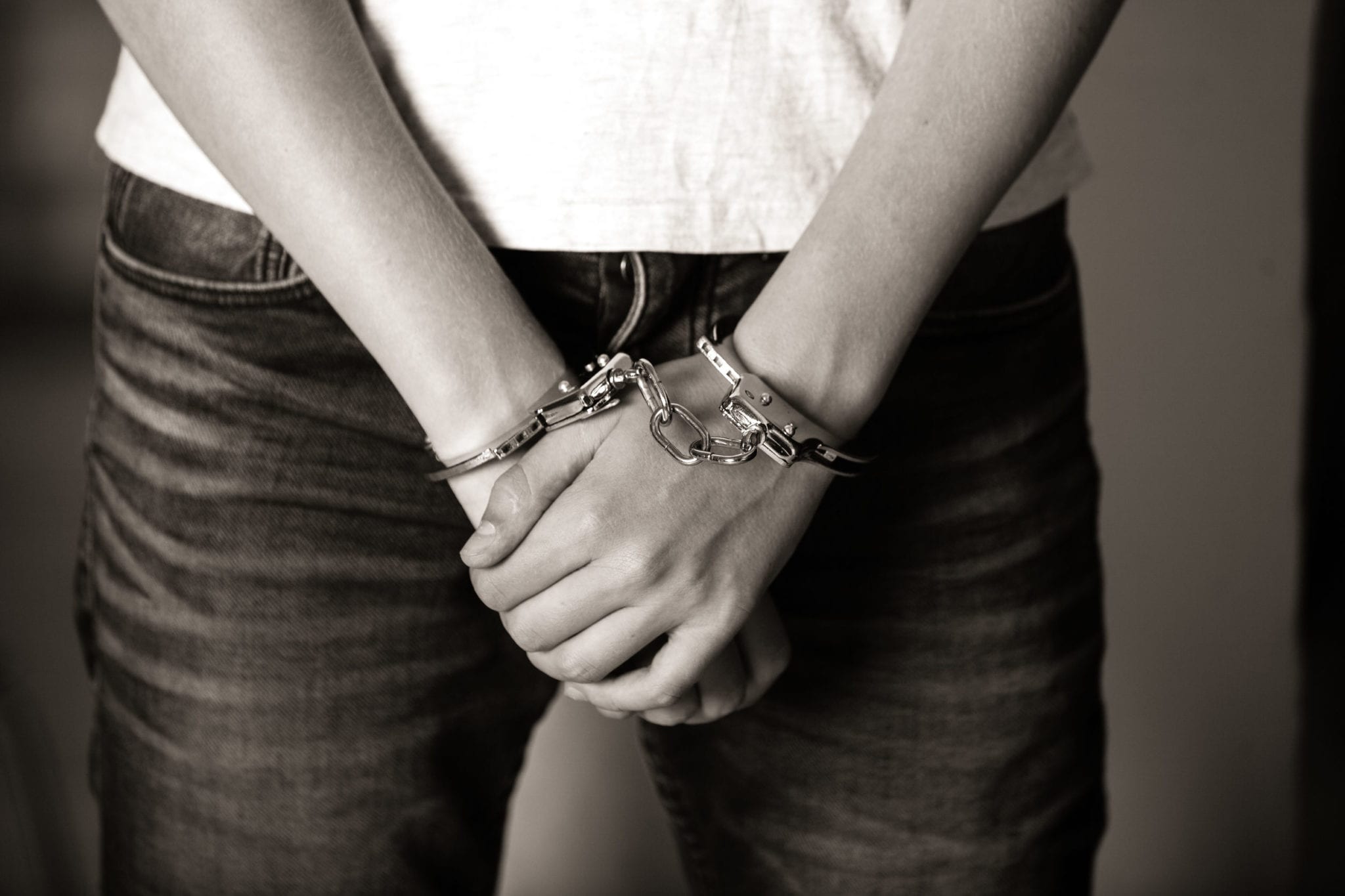
No matter where you are in the country, any person purchasing alcohol must be 21 years of age or older. It is also a criminal offense across the USA for anyone to purchase (or attempt to purchase) alcohol by making false statements (including the presentation of a fake ID).
However, unlike in some other states, there are certain circumstances in which possession and consumption of alcohol by persons under 21 is, in fact, legal in Minnesota.
If your minor has been charged with the illegal possession of alcohol, a Minnesota criminal defense attorney will be able to review your case and offer the strongest possible defense strategy to protect your teen’s future.
In the meantime, this post is meant to offer insight into the scenarios in which your teen may legally possess or consume alcohol, when they can’t, and what penalties they may face if caught violating minor-in-possession (or MIP) laws.
When Underage Alcohol Possession Is Illegal in Minnesota
Under most circumstances, it’s illegal for anyone under 21 in Minnesota to consume alcohol.
First and foremost, ours is a zero-tolerance state which imposes the “Not a Drop” law. This means any person under the age of 21 absolutely may not operate a motor vehicle while consuming or after having ingested an alcoholic beverage, which is known as “internal possession.” Any detectable amount of alcohol concentration is above the legal limit of zero.
It is also generally illegal for minors to purchase, attempt to purchase, or to possess an alcoholic beverage with the intent of consuming it, and misrepresenting your age when attempting to purchase alcohol is prohibited, too.
When Underage Alcohol Possession is Not Illegal in Minnesota
Minnesota law says that a person has reached legal drinking age after 8 am on the day that he or she turns 21.
However, a minor here may possess or consume alcohol in one of two situations:
- With the permission of his or her parent or legal guardian, and only in the privacy of that parent or guardian’s home. Note, this exception does not extend to any other minors beyond a parent or guardian’s child(ren) – including underage friends or other partygoers invited in.
- A Minnesotan minor may buy or attempt to buy alcohol if it is purchased for training, education, or research purposes while under the supervision of a responsible adult aged 21 or older, and with prior notification to the state agency that licenses the sale.
How Minnesota Handles Penalties for Illegal Possession
Many defendants in MIP cases are younger than the drinking age, but technically legal adults. This is important, because it means that their offenses are no longer charged as juvenile crimes.
Anyone caught violating Minnesota’s minor-in-possession laws may be charged with a misdemeanor, which can carry a maximum fine of $1,000 and up to 90 days in jail. More commonly, however, those convicted face other penalties, including revocation of their driver’s license – usually for at least 30 days – enrollment in the state’s alcohol education programs, and/or community service.

Factors influencing the court’s decisions on how punishment is doled out include the offender’s age, whether or not the minor was legally intoxicated at the time, and if an offender has any prior record of MIP offenses or other illegal behavior. In any case, a conviction results in a mandatory minimum $100 fine.
Minnesota MIP law is fairly straightforward, and grants parents a fair amount of room to decide how their children incorporate alcohol into their lives. However, there are additional laws related to these rules as they pertain to contributing to the delinquency of a minor, and how businesses licensed to sell alcohol must interact with minors, too. This article is meant to provide you with the basic information you need when helping your teen face possession charges like this.
About the Author:
Christopher Keyser is a Minneapolis-based criminal and DWI defense attorney known for fighting aggressively for his clients and utilizing innovative tactics to get the most positive results. He has been featured in numerous media outlets due to the breadth and depth of his knowledge, and recognized as a Minnesota Super Lawyers Rising Star (2014–2015), a Top 100 Trial Lawyer (2013–2015), and a Top 40 Under 40 Attorney (2013–2015).





